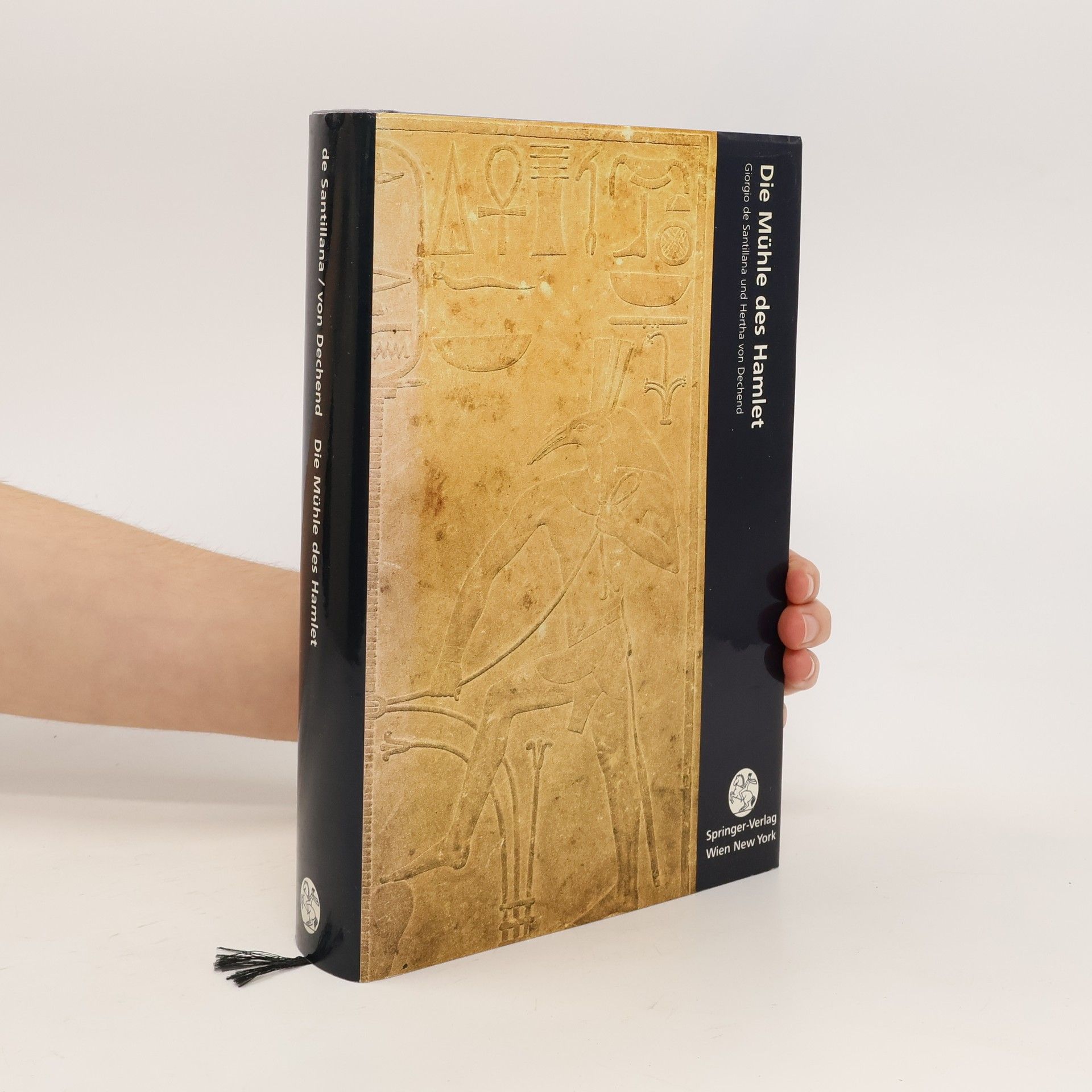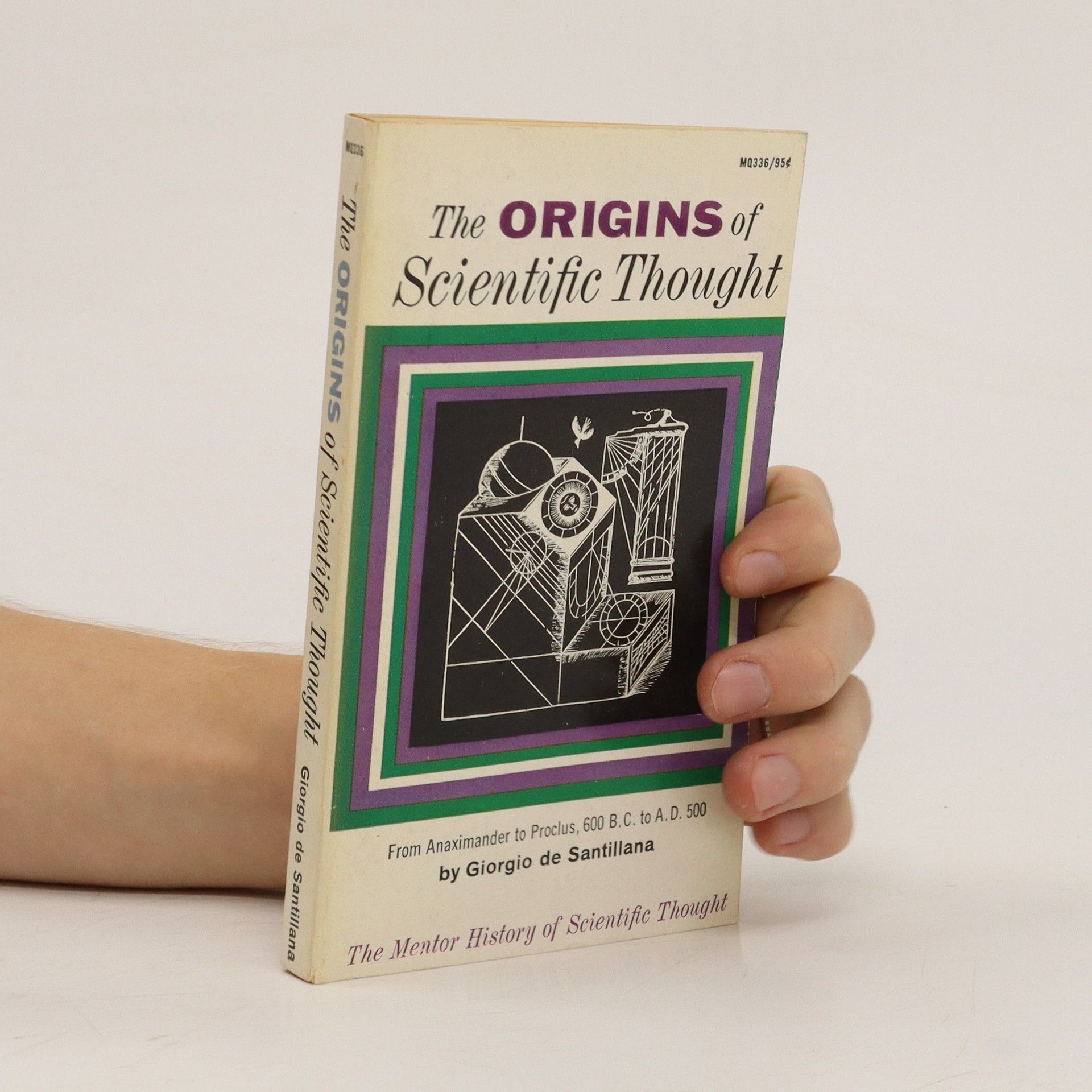A work of scientific and philosophical inquiry, in which, the authors track world myths to a common origin in early man's descriptions of cosmological activity, arguing that these remnants of ancient astronomy, suppressed by the Greeks and Romans and then forgotten, were really a form of pre-literate science.
Giorgio De Santillana Libri
Giorgio Diaz de Santillana è stato un filosofo e storico della scienza italo-americano, focalizzato sulla profonda relazione tra la conoscenza scientifica e la cultura umana. Il suo lavoro ha esplorato come il pensiero scientifico si è evoluto nel corso della storia, plasmando la nostra comprensione del mondo. Ha indagato le connessioni tra la scienza e contesti filosofici e culturali più ampi, cercando di svelare i principi fondamentali che guidano l'indagine umana. La sua prospettiva sulla storia della scienza ha offerto una profonda riflessione sulla natura della conoscenza e sul suo posto nell'esistenza umana, piuttosto che una mera cronaca di eventi.




"In the gallery of what might be called the martyrs of thought, the image of Galileo recanting before the Italian Inquisition stirs the minds of educated modern men second only to the picture of Socrates drinking the Hemlock. That image of Galileo is out of focus . . . because it has been distorted by three centuries of rationalist prejudice and clerical polemics. To refocus it clearly, within the logic of its own time...
Die Mühle des Hamlet
- 522pagine
- 19 ore di lettura
Die Mühle des Hamlet enthält den Bericht über eine faszinierende Expedition der Autoren durch die Kulturgeschichte der Menschheit. Gestützt auf zahllose Dokumente aus fast aller Welt und eine entsprechende umfangreiche Bibliographie gelingt es den Autoren, überzeugend und detailliert nachzuweisen, daß die großen universellen Mythen - unter denen die Mühle des Hamlet, oder vielmehr die des skandinavischen Amlodhi, nur als das Ende einer langen Kette zu sehen ist - einen gemeinsamen Ursprung haben, der nicht auf der Erde zu finden ist, sondern im Sternenhimmel: Der Mythos ist eine Sprache für die Darstellung, die Überlieferung und die Handhabung eines umfangreichen und komplexen Korpus astronomischer Kenntnisse gewesen und damit - als Sprache der astronomisch berechenbaren und strukturierbaren Zeit - der Ursprung des wissenschaftlichen Denkens. Das Buch läßt die Unhaltbarkeit der gängigen Vorstellung deutlich werden, die Weltbilder unserer Vorfahren ließen sich allein aus den vermeintlichen Inhalten der Mythen ermitteln, als handle es sich dabei um wörtlich zu nehmende Beschreibungen.